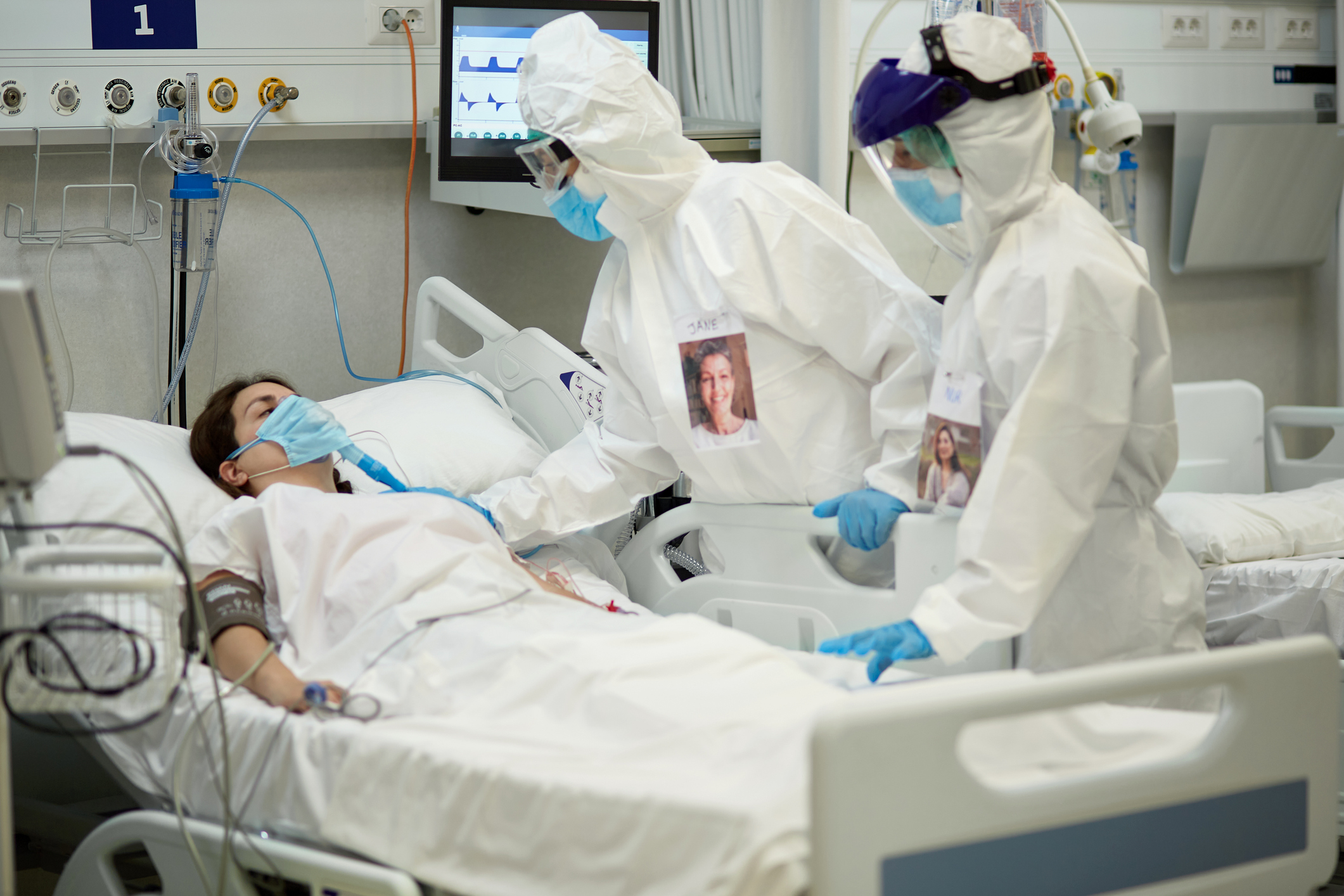Types of Doctors Women Should See once annually
Information around women health can be contradictory, overwhelming and, at times, confusing. The web is filled with article upon article recommending a certain type of doctor or screening for different ages, ethnicities and health conditions. To simplify, and to allow us all to take a deep breath, we’ve enlisted experts to help us hone in on the five appointments that every woman should make this year.
Two themes arose as we interviewed doctors across the South. First, consistency is imperative. Building relationships with your doctors and attending regular appointments are key in the early detection and prevention of diseases and cancers. Second, each doctor serves a specific purpose, and our health is best preserved when we take the time to visit doctors for their specialty and allow them to work together on our overall wellbeing.
The 5 Doctors You Should See This Year
PRIMARY CARE PROVIDER
Many women use their gynecologist as their primary care provider, and while this okay for young, healthy women, it is ideal that they see a primary care provider as well. Tamara L. Callahan, M.D., a gynecologist with Norton Women’s Health in Louisville, explains, “The system is designed so that you have them working hand-in-hand. Neither has time to do everything, and you check for more when we [gynecologist and primary care provider] are working in concert.”
Women’s health, Dr. Callahan reminds us, is more than just cervical screening. While these are vital to our health, primary care providers explore many other areas. “Really, women’s health is about cardiovascular health, mental health and the many additional things that are happening in a woman’s body,” she adds. That can mean screening for things like depression and domestic abuse or high blood pressure and high cholesterol.
Marie Pittman, M.D., Family Medicine Physician at Brookwood Baptist Primary Care, Oak Mountain, in Alabama, echoes the importance of visiting a primary care provider for blood pressure and cholesterol screenings as early as age 18. As we get older, there are more important screenings to add, like diabetes screening for those at risk. Dr. Pittman says, “You should have labs to get this checked by at least the age of 45 or sooner with risk factors such as family history, obesity and if you have a history of high blood pressure or heart disease. Diabetes also increases your risk for heart attacks, strokes, kidney disease and blindness.” She also recommends lung cancer screening for those at risk who, she says, are “ages 55-79 who have smoked at least one pack a day for 30 years or two packs per day for 15 years.”
At age 50, women should schedule their first colonoscopy and continue to get one every 10 years for those with no family history, and every five years if polyps are detected. This important procedure can detect cloteccal cancer. Today, there are new ways of screening, and you should talk to your physician about which method is best for you.
Beginning at age 65, unless at high risk, women should begin bone-density tests. Dr. Callahan explains, “You hit your maximum bone density between [ages] 25 and 30. It is important to do that screening to maximize bone density while you can with vitamins and exercise.”
Dr. Callahan emphasizes, “My take-home point is that women’s health goes beyond the pap. If you’re going to have comprehensive health, you need to have both so they can work together.” When you have an established relationship with your provider, issues that arise like a rash or scratchy throat can be more effectively treated with a comprehensive knowledge of your personal history. Dr. Callahan says, “We want women to have the relationship with a primary care provider as well as with an OB/GYN.”
Read my more blogs from here










